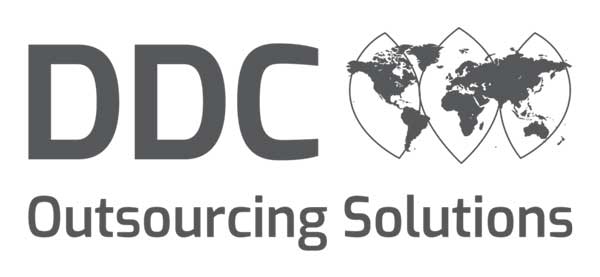In today’s digital age, relevant and insightful data has become invaluable. By extracting data from online sources, including online retailers, social media, and forums, web scraping has emerged as a valuable tool for businesses seeking to gain a competitive edge. Web scraping allows businesses to gather valuable insights into consumer behaviour, market trends, and even competitor analysis.
But what exactly is web scraping, and how can it be carried out responsibly and effectively?
Web scraping is the process of automatically extracting data from websites. Using a specially tailored programme, web scraping enables businesses to collect large amounts of data from various online sources in a structured format. This data can then be used for a multitude of purposes, including market research, lead generation, and price comparison. By harnessing the power of web scraping, businesses can gain a deeper understanding of their target audience, identify emerging market trends, and make informed decisions based on real-time data.
One of the primary benefits of web scraping is its ability to provide businesses with real-time accurate data. Automating this data collection process can significantly reduce manual time and effort. Web scraping also allows businesses to access data that otherwise may not be readily available via traditional means of data collection.
Web scraping is undoubtedly an accelerating trend as businesses strive to stay ahead in an ever-competitive marketplace. In fact, in 2022, it was reported that web scraping was the most widely used source of data for e-commerce companies, overtaking internal data collection. However, it is essential to approach web scraping ethically and responsibly. This may involve collaborating with a reputable outsourcing provider with the expertise to navigate the challenges typically associated with this process.
Although web scraping provides valuable insights for businesses, it is crucial to approach it with a strategy in mind. Firstly, consider what data your business needs to collect, and ensure that this scope is narrowly defined to only include relevant and necessary data for your business objectives. This is not only best practice in terms of responsible data collection and retention but will also make navigating your data once collected a much smoother process. Harnessing the advantages of web scraping to collect large amounts of data from the web can present important ethical considerations which should be navigated with care. Web scraping needs to respect the privacy of individuals. For example, web scraping should not involve the unconsented collection of personally identifiable information (PII data) in compliance with GDPR regulations.
It’s also important to consider the frequency of the scrapes; websites are ever-changing, and web scraping must be done consistently and regularly to ensure the data collected remains up-to-date and relevant. Even then, data that appears on sites in between scrapes will not be collected, which could lead to incomplete information. This so-called “content removal bias” is an important consideration when using web scraping as a data collection method. Working in partnership with an experienced web scraping provider can help mitigate these potential concerns and ensure that more accurate data sets are collected by advising on the right frequency of web scraping for your specific industry or business needs.
Lastly, it is important to have a flexible web scraping solution that can adapt to changes in data structure. If a website undergoes a redesign or changes its layout, the web scraping tool may need to be updated accordingly to ensure that data can continue to be extracted. As such, it is crucial to embark on web scraping with the relevant expertise and technical knowledge on hand to address any such challenges. A dynamic web scraping solution will handle these challenges effectively, ensuring the data collected is accurate and reliable.
Overall, it seems clear that web scraping can add significant value to businesses. Automating mass data collection in this way has been described as “akin to panning for gold” due to its ability to unlock actionable insights based on real-time data.
DDC OS has recently been assisting one of our long-standing clients on their journey to leverage the benefits of web scraping by delivering large quantities of publicly available product data from retailers at regular frequencies in a structured format. This has empowered our client to secure a competitive edge in their marketplace and make well-informed business decisions that would otherwise have been made in the dark. Our client also appreciates the cost-effective nature of our solution.
Why not get in touch with a reputable outsourcing provider to have a conversation about how web scraping solutions could support your business in driving better decision-making?




